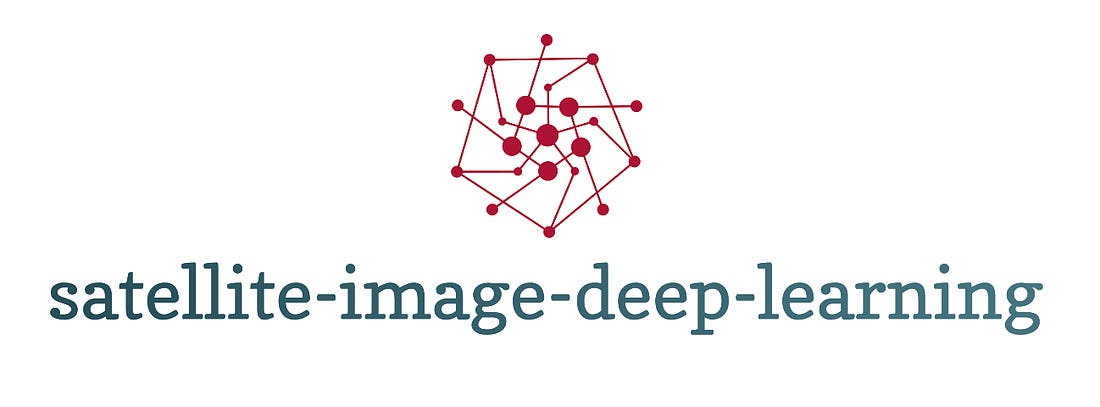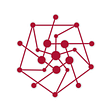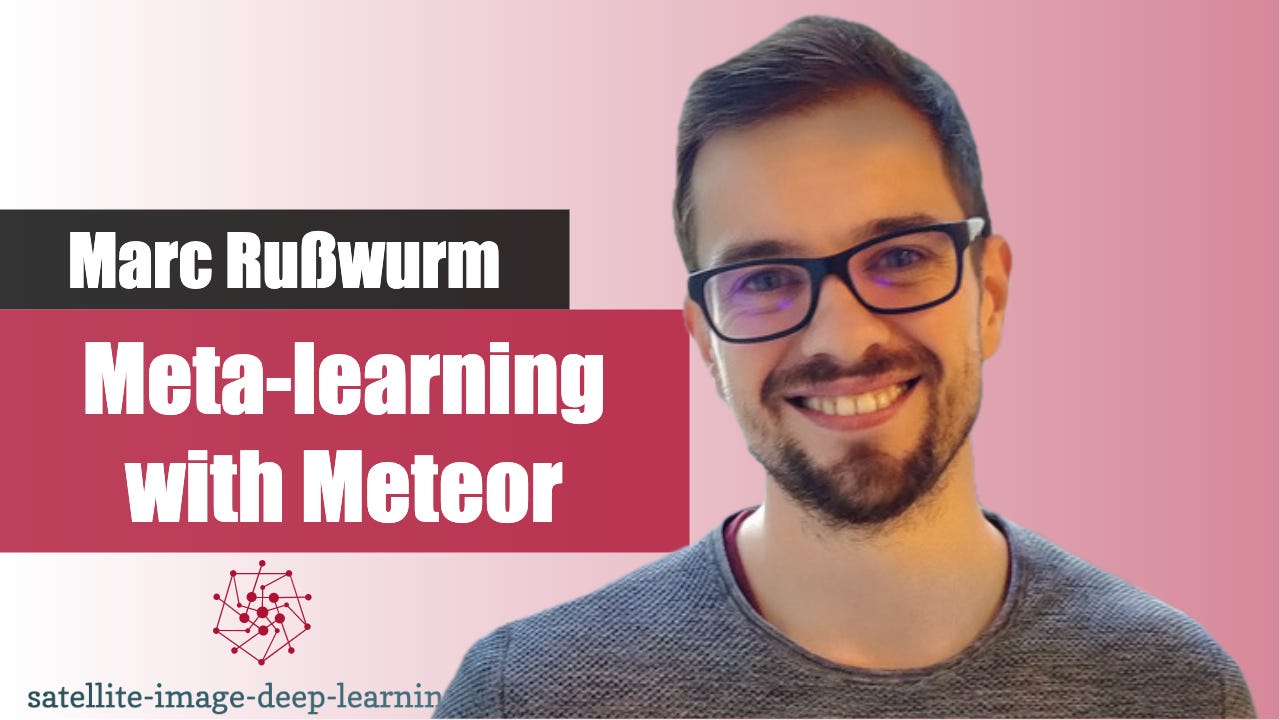In this episode, I caught up with Marc Rußwurm to learn about Meta-learning with Meteor. Our conversation starts with a discussion about meta-learning and the training of Meteor, and how this approach differs from the typical approaches taken to train foundational models. We cover the advantages and challenges of this technique, and discuss the fine-tuning of Meteor with minimal examples—as few as five—for tasks like deforestation monitoring and change detection, and consider what the future could hold for this approach. Meteor showcases the significant potential of few-shot learning for processing remote sensing imagery and proves it's possible to tackle tasks even when very few training examples are available.
Bio: Marc Rußwurm is Assistant Professor of Machine Learning and Remote Sensing at Wageningen University. His background is in Geodesy and Geoinformation, and he obtained a Ph.D. in Remote Sensing Technology at TU Munich. During his Ph.D., he could visit the European Space Agency and the University of Oxford as a participant in the Frontier Development Lab in 2018, the Obelix Laboratory in Vannes, and the Lobell Lab in Stanford. As a postdoctoral researcher, he joined the Environmental Computational Science and Earth Observation Laboratory at EPFL, Switzerland. His research interests are developing modern machine learning methods for real-world remote sensing problems, such as classifying vegetation from satellite time series and detecting marine debris in the oceans. He is interested in domain shifts and transfer learning problems naturally arising from geographic data.


